Secondary education, Cycle 1
According to the Quebec Education Program (QEP), the school must help all youth develop skills that will permit them to be cultivated individuals, committed citizens and competent workers, while continuing to transmit the knowledge of previous generations. To this end, the QEP for Secondary Cycle 1, like those that preceded it, is a product of previous efforts to implement the reform of the Quebec school system.
Structure of the program
Designed for a common basic education and as a continuation of the elementary school program, the Secondary Cycle 1 program is structurally similar to that of the three elementary cycles, and therefore has three compulsory components:
Visit the Ministère de l’Éducation and Ministère de l’Enseignement supérieur website
